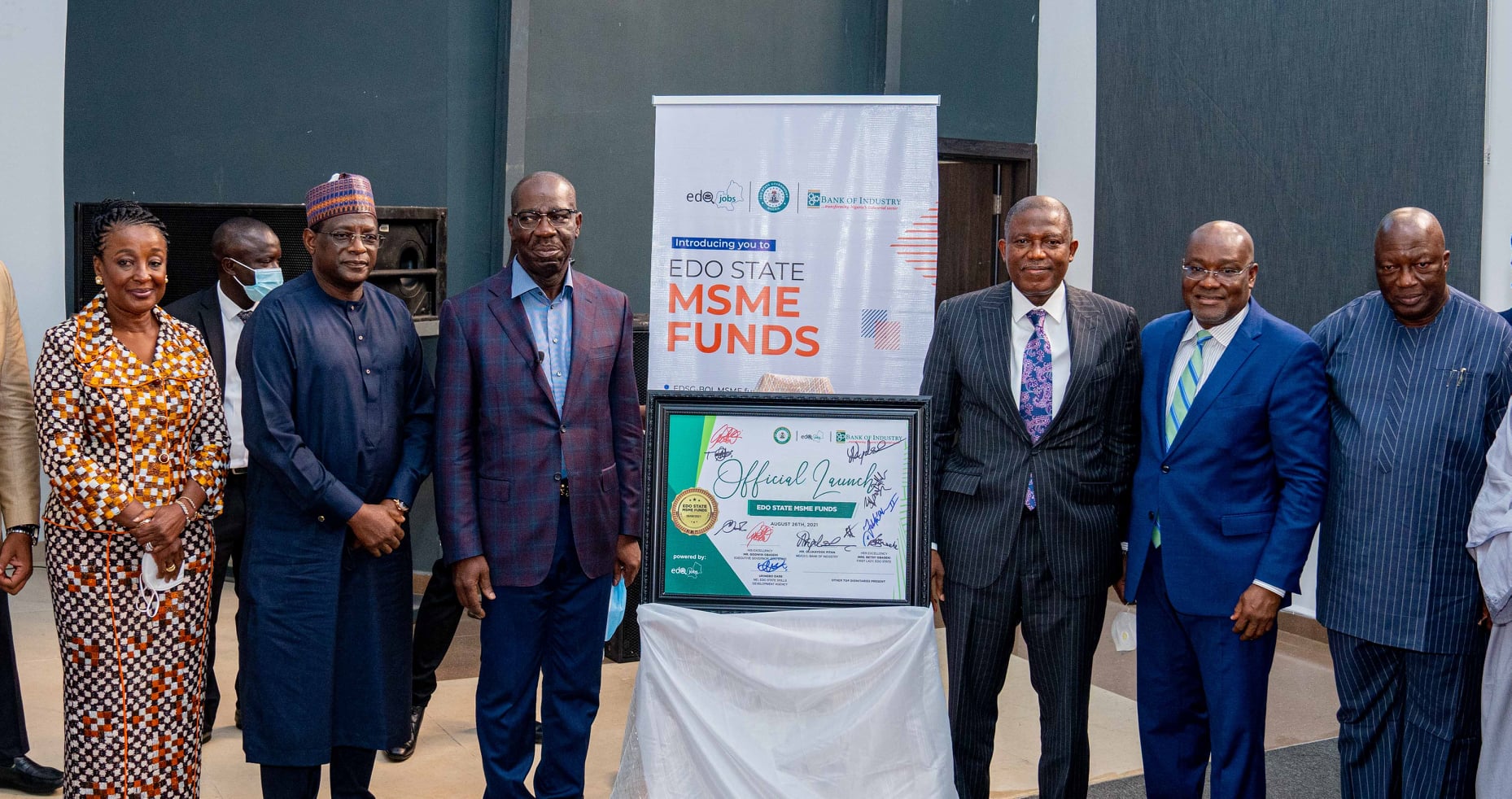Business
Facebook To Launch Digital Wallet This Year …As Glo Launches Mobile TV

Facebook is ready to launch a digital wallet that would let users store cryptocurrencies, a senior company executive said in a United States media interview on Wednesday.
Head of Facebook’s crypto unit, David Marcus, said that company leaders “feel pretty committed” to launch the digital wallet called Novi this year.
Marcus said he would have preferred to release Novi alongside Diem, a digital currency tied to the dollar that the company is also developing, but Diem’s timing was uncertain.
“In theory, Novi could launch before Diem, but it would mean launching without Diem and that’s not necessarily something that we want to do”.
“It all depends on how long it’s going to take for Diem to actually go live and that’s not something I’m personally looking after”, Marcus said.
In 2019, Facebook said it planned to introduce a cryptocurrency at the time it was called Libra. The project, however, faced regulatory resistance over concerns about security and reliability.
In December 2020, the Libra changed its name to Diem and moved its operations from Switzerland to the United States as part of a “strategic shift.”
Meanwhile, the telecommunications giant, Globacom, has launched a mobile television app filled with premium television content for viewers of all ages on Android, IOS and web.
At the unveiling of the app on Tuesday, Globacom said the app was for customers on its pre-paid and post-paid platforms who own android and iPhone devices, according to a statement it issued.
It added that customers would need to visit myglotv.com to register and download the Glo TV app free of charge until September 30, 2021.
Marcus said he would have preferred to release Novi alongside Diem, a digital currency tied to the dollar that the company is also developing, but Diem’s timing was uncertain.
“In theory, Novi could launch before Diem, but it would mean launching without Diem and that’s not necessarily something that we want to do”.
“It all depends on how long it’s going to take for Diem to actually go live and that’s not something I’m personally looking after”, Marcus said.
Transport
Automated Points Concession : FAAN Workers Gave 72hrs To Revise Decisions In PH

Transport
FAAN Announces Pick-Up Points for Go-Cashless Cards

Business
Fidelity Bank To Empower Women With Sustainable Entrepreneurship Skills, HAP2.0
-
Politics2 days ago
2027: NIGERIANS FAULT INEC ON DIGITAL MEMBERSHIP REGISTER DIRECTIVE
-

 Environment2 days ago
Environment2 days agoLAWMA Director Says Sweeping Reforms Have Improved Waste Collection
-
Politics2 days ago
LP Crisis: Ex-NWC Member Dumps Dumps Abure Faction
-

 Sports2 days ago
Sports2 days agoAbia Not Sure To Secure continental Ticket
-

 Politics2 days ago
Politics2 days agoUmahi Dismisses Allegations On Social Media, Insists On Projects Delivery
-

 Transport2 days ago
Transport2 days agoFAAN Announces Pick-Up Points for Go-Cashless Cards
-
Sports2 days ago
La Liga: Yamal Records First Career Hat-trick
-

 Sports2 days ago
Sports2 days agoCity Survive Leeds’ Challenge At Elland Road

